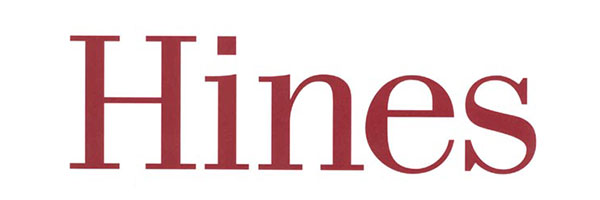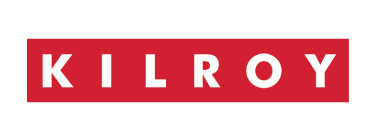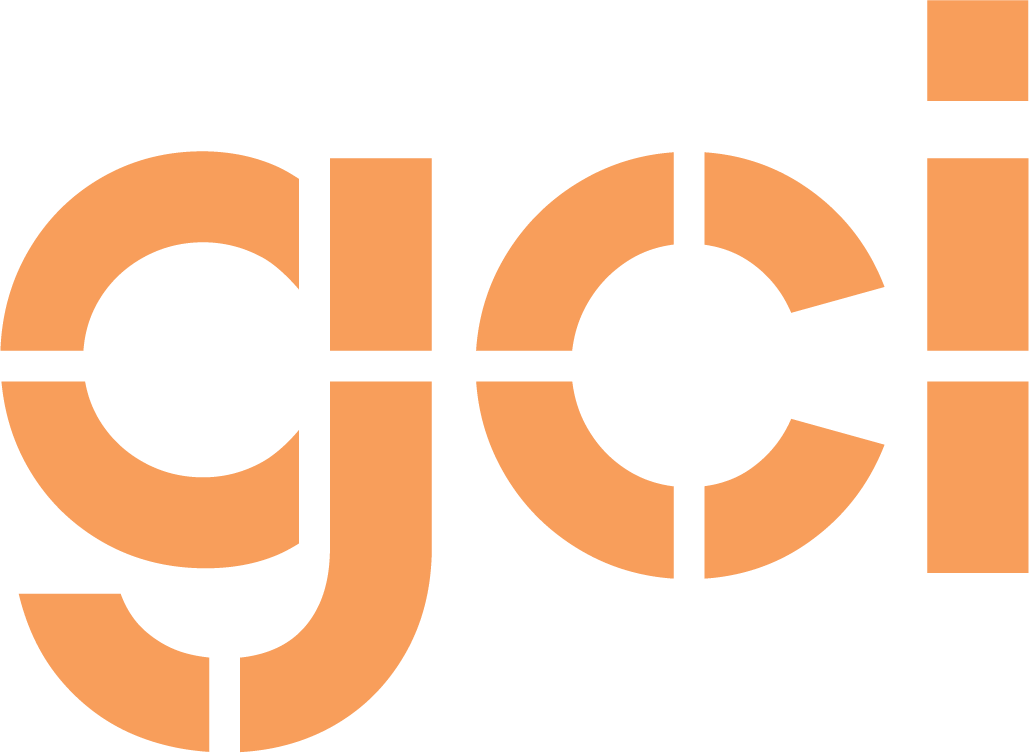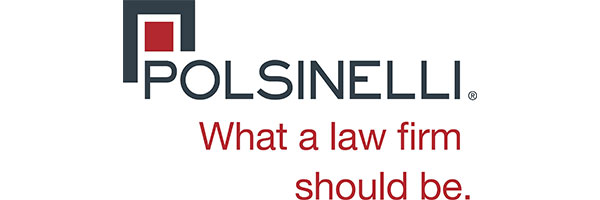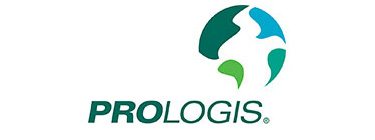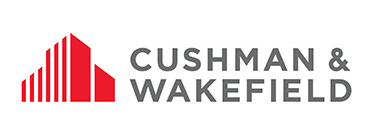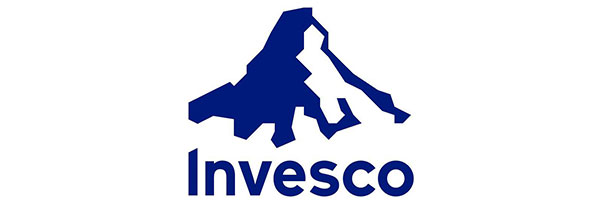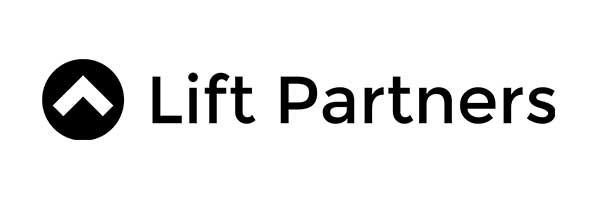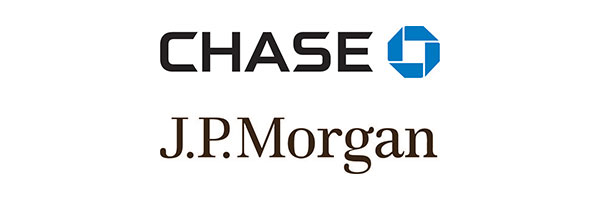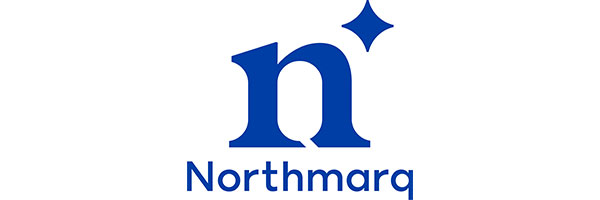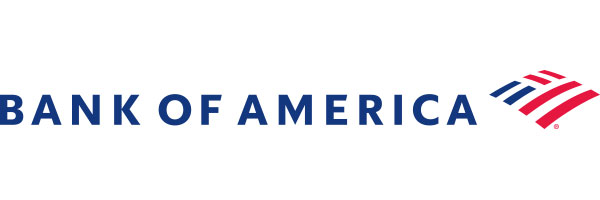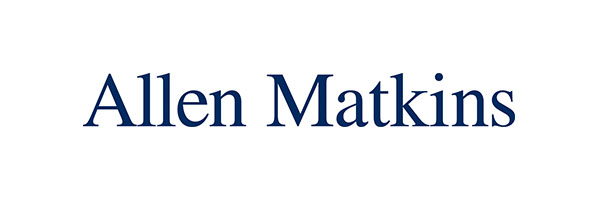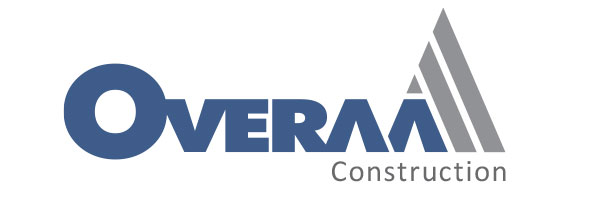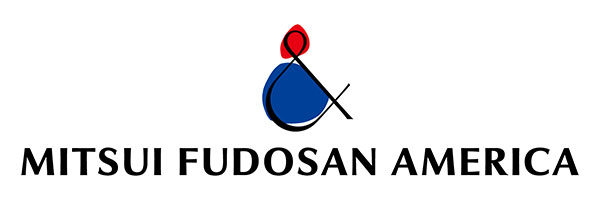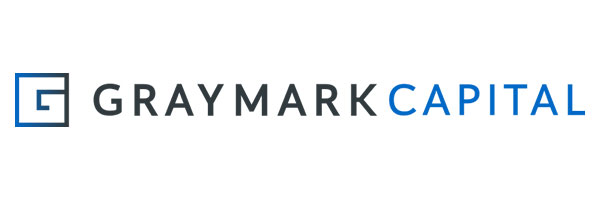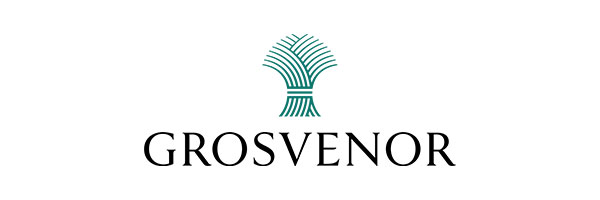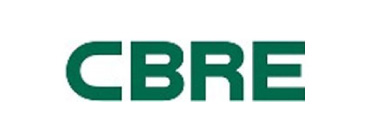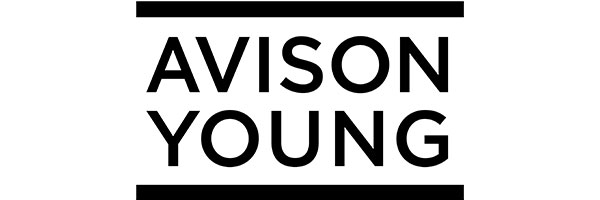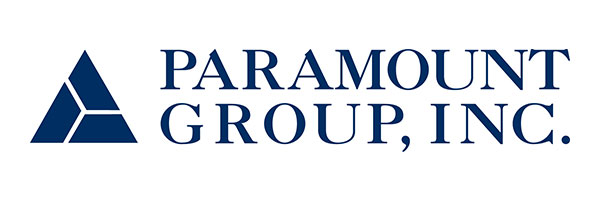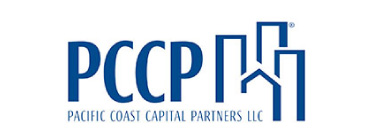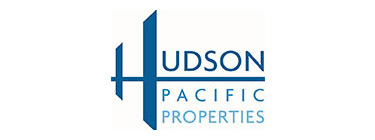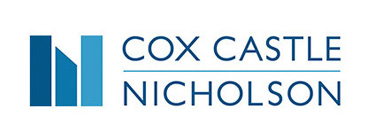CBPA's California Legislative Update 03/06/2020
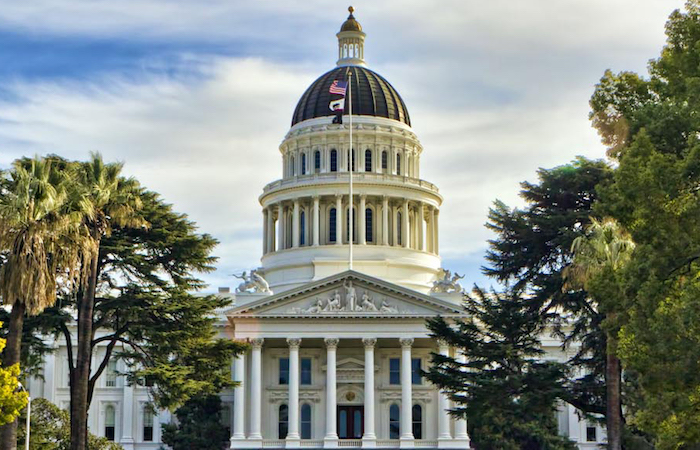
- PROPOSITION 13 SCHOOL BOND – FAILS BECAUSE VOTERS WANT TO PROTECT PROP. 13
- SALES TAX FAIRNESS REAPING BIG BENEFITS
- BIRD-STRIKE DESIGN STANDARDS REJECTED BY STATE COMMITTEE…AGAIN
- BILLS! BILLS! BILLS!
- SAVE PROP 13!
- CBPA CALENDAR 2020
PROPOSITION 13 SCHOOL BOND – FAILS BECAUSE VOTERS WANT TO PROTECT PROP. 13
Earlier this week, Proposition 13, a 2020 measure to raise funding for schools through a statewide bond, a measure with broad support and no organized opposition, failed. Hard. By more than 10%.
Those of us that having been tracking public sentiment on 1978’s landmark Property Tax Protection measure, Prop. 13, are not surprised. Prop. 13 is as popular today as when Howard Jarvis led the California Tax Revolt to protect homeowners and businesses from the ever voracious appetite of government taxing and spending. Proposition 13 from 2020 was an unfortunate victim of California Voters’ passionate protection of the original Prop. 13.
On the ballot this November 2020 is the real measure to dismantle 1978’s Prop. 13. And it’s a wolf in sheep’s clothing as it purports to raise money for schools by going after “only commercial” properties and creating a split roll. With the strong and unfortunate rejection on Tuesday of a ballot measure that just happened to share the same number, we are happy to see voters see through the rhetoric and recognize removing the protections of Prop. 13 from one group, weakens the law and hurts the state’s economy.
SALES TAX FAIRNESS REAPING BIG BENEFITS
In 2011, after a decade of work trying to resolve the issue of online sales tax collection, Governor Brown signed CBPA support of AB 155 which paved the way for California to capture sales tax revenue that was due to California for in-state purchases. The bill also provided some relief to brick-and-mortar retailers that were being undercut by out of state online retailers that did not have to charge sales tax. The measure was updated in 2018 when AB 147 codified the Wayfair Decision.
Nine years after that initial victory with AB 155, the online sales tax collection law has generated $474.5 million in the fourth quarter of 2019, nearly the total amount that tax experts expected to collect in the entire fiscal year of 2020-21.
We’d like to provide some background to this huge beneficial win and windfall of revenue. This is an example of why working hard on laws in the State Legislature is worth the time, effort, and expense.
In 2018, the United State Supreme Court handed down a decision in a case we followed and, in California, helped drive much of the discussion. The South Dakota v. Wayfair decision overturns the outdated Quill decision from 1992 and clears the way for states to collect sales taxes from retailers that do not have a physical presence in their state.
This was a massive win for companies that own buildings that provide shopping services to the public and corrects a decades-long loophole that allowed online retailers to avoid charging sales tax just like physical retailers, which created a perverse incentive to not build in certain states.
At the national level we congratulate both International Council of Shopping Centers and the Retail Industry Leaders Association (RILA) for their years of dogged work on this issue.
However, in California we had already been collecting sales tax under 2011’s AB 155. Nevertheless, we had to write implementing legislation. That bill, AB 147 (Burke; D-Los Angeles) was signed into law, in another victory for the commercial real estate industry on this topic. AB 147 established a comprehensive and more equitable set of post-Wayfair tax collection rules that make sense for consumers, small businesses, and the state.
The law is designed to modernize California consistent with the holding in Wayfair, which allows California to impose a use tax collection duty on retailers with specified levels of economic activity in California, even though they do not have a physical presence here.
This bill also seeks to ensure that small businesses are not unduly burdened by the default expansion of the duty to collect use tax resulting from Wayfair's interaction with California's long-arm statute. Finally, this bill recognizes the realities of today's e-commerce economy by requiring marketplace facilitators (e.g., Amazon and eBay) to collect sales and use tax (SUT) on behalf of their third-party retailers. For those remote retailers that sell to California consumers exclusively through these platforms, this provision will alleviate the need to collect and remit SUT on their facilitated sales.
The series of laws was supposed to generate $476 million total in 2020-21. California collected nearly that sum, $474.5 million, in the fourth quarter of 2019 on $5.5 billion in sales, according to the California Department of Tax and Fee Administration.
This is also an example of a great partnership between CBPA working the issue in California in conjunction with our friends at the International Council of Shopping Centers (ICSC) working the issue in Washington D.C. and coordinating efforts in all 50 states.
BIRD-STRIKE DESIGN STANDARDS REJECTED BY STATE COMMITTEE…AGAIN
For the fourth time in time in the past decade, the Building Standard Commission’s advisory committee has rejected a proposal to place a set of “bird-friendly” design standards in the Appendix of the California Green Building Standards Code.
The proposal sought to reduce bird strikes on commercial buildings through a variety of window and exterior wall treatments, some of which were quite expensive. While some of the proposed measures could prove very effective in reducing bird strike, the committee was very concerned that neither the Legislature nor the Governor had even discussed the issue let alone endorsed it.
In addition, the committee pointed out that this would represent a significant departure from previous adoptions as this would be the first time the Green Code would be used to address a concern regarding the protection of animals.
While this may be a direction the Legislature may take at some later date, the Committee clearly felt that it would be inappropriate to move forward lacking direction from the state’s elected officials.
BILLS! BILLS! BILLS!
Last Friday was the Legislature’s “Bill Introduction Deadline,” and the number of bills that went across the desk topped 2,300. You read that right – two thousand three hundred new bills for us to read, sort, prioritize, and work on your behalf!
At this point, we have already identified 315 bills that will have some impact on the commercial, industrial, and retail real estate industry, and we expect that number to climb to over 400 once we coordinate with other employer groups, and “spot” bills are amended with substantive language.
Here are a few of the interesting bills we are already working on:
SB 1247 (Stern D) Dual Agency Transactions. This bill is currently a “spot” bill, meaning it’s a placeholder, but it has been identified as a bill that will deal with dual agency real estate transactions. We have been told it will not be as extreme as the attempt to ban the practice from a few years ago, and we are working with the authors office to identify what changes to this area of law may be warranted.
AB 1997 (Nazarian D) Earthquake Standards. This bill is attempting to move the State of California towards a “functional recovery” standard for building codes as they relate to seismic events. Our industry supports strong seismic standards – our state has the most stringent in the nation – and we support measures that strengthen the peer-reviewed consensus-based code process.
AB 2053 (Rodriguez D) Trauma Kits in large buildings. This bill would require trauma kits with tourniquets in any building currently required to install an AED.
AB 3287 (Gloria D) Building Grades for Energy Efficiency. This bill would require large buildings, 50,000 s.f. or more, to post energy efficiency “grades” based on Energy Star.
AB 3211 (Bauer-Kahan D) Local Air Pollution Control Districts. This is currently a “spot” bill that deals with Air Quality Management Districts. Last year SCAQMD sought authority to become a taxing agency, and we are watching this bill closely to make sure it doesn’t become a vehicle for that entity or BAAQMD to become another layer of taxation on California businesses.
We are watching these bills, and many others, and engaging to assure the policy makes sense.
SAVE PROP 13!
The campaign to save Proposition 13 against being dismantled by the split roll property tax measure on the November 2020 ballot is gaining momentum and is signing-up more people and companies every day!
Are you doing what you can to protect yourself from an $11 BILLION yearly tax increase?
Click here to check out the new website, Californians to Save Prop 13 and Stop Higher Property Taxes, now known as "Save Prop 13," and join the effort.
The website is where you will find information about the benefits of Prop. 13 and how removing protections from commercial properties will have a massively negative impact on the state’s economy.
CBPA 2020 CALENDAR
Thursday, April 9
CBPA Industrywide Legislative Meeting
Southern California
Tuesday-Wednesday, June 9-10
California Commercial Real Estate Summit
Cal Chamber, Sacramento
Thursday, November 5
CBPA Board Meeting & Industry Awards Dinner
The Renaissance Hotel, Newport Beach

